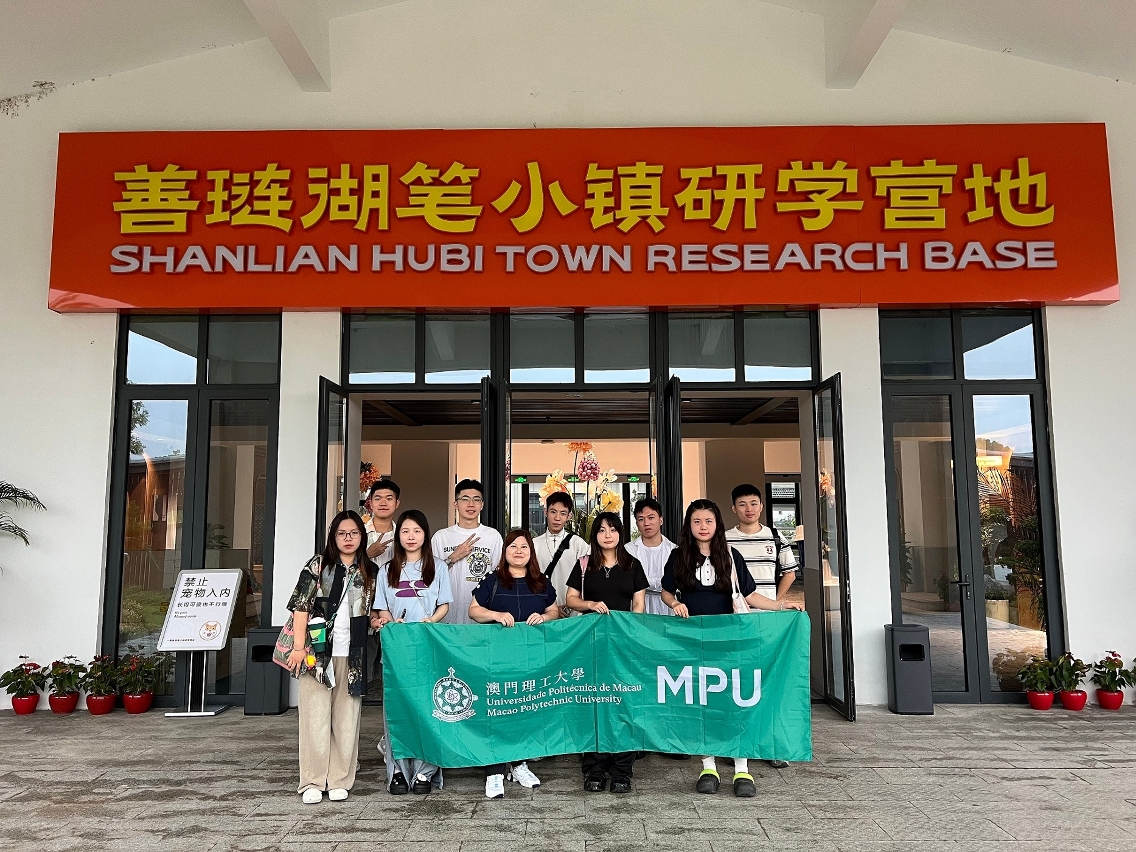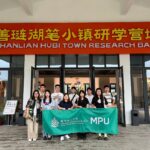 MPU Teachers and Students Participate in the “Art Village Construction: Beyond Concepts - Yaoli Village Non-Fiction Creative Workshop”, Reaping Fruitful Outcomes
MPU Teachers and Students Participate in the “Art Village Construction: Beyond Concepts - Yaoli Village Non-Fiction Creative Workshop”, Reaping Fruitful Outcomes
The Ministry of Education’s 2024 “Hong Kong, Macao, and Mainland China School Exchange Program - University Student Project” - “Art Village Construction: Beyond Concepts - Yaoli Village Non-Fiction Creative Workshop” was held in Yaoli Village, Nanxun District, Huzhou City, Zhejiang Province. 30 students from Macao Polytechnic University (MPU), Peking University, and the Chinese University of Hong Kong ventured into rural areas to explore practical creative project planning and operations, using creative management, artistic empowerment, and lifestyle aesthetics to support local rural revitalisation efforts.
The one-week workshop included theoretical lectures, cultural research, case visits, team learning, and simulated proposals to inspire students’ creative thinking and inject new vitality into rural development. Wong In Nga, Associate Professor from the Faculty of Arts and Design (FAD) of MPU, held a lecture on “Case Studies of Community Design in Old Town of Macao,” sharing experiences in revitalising Macao’s old city district through cultural and creative means, sparking students’ creative thinking and jointly exploring the innovative development potential of rural culture. Participating students from MPU expressed that this exchange activity allowed them to step into rural areas, understand the culture of the countryside, and hope to combine artistic creativity with local rural cultural characteristics to contribute to the country’s rural revitalisation efforts.


